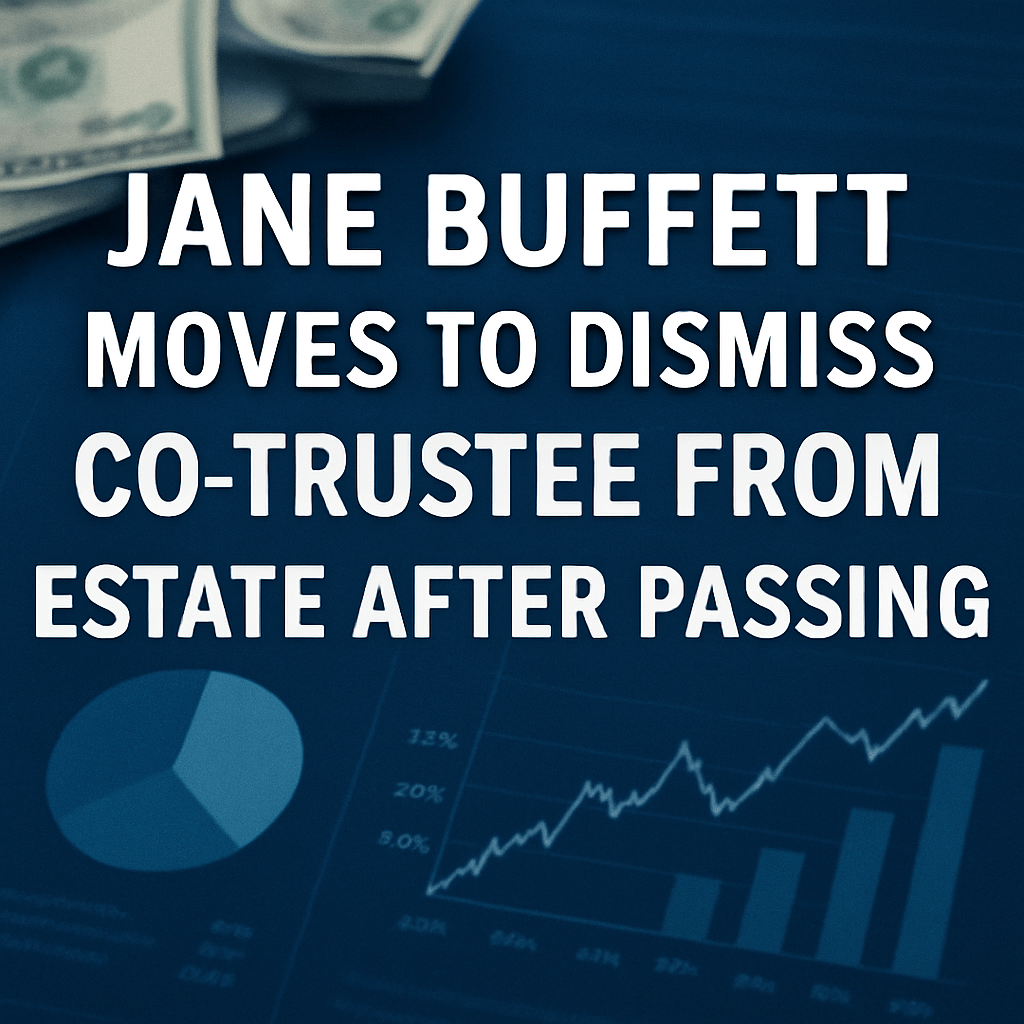Jane Buffett Moves to Dismiss Co-Trustee from Estate After Passing

Jane Buffett, the widow of the renowned musician and entrepreneur Jimmy Buffett, is taking legal action to remove the co-trustee of her late husband’s estate, citing a breach of fiduciary duty. Following the singer’s death in September 2023, Jane Buffett filed a lawsuit in California state court in Los Angeles on Tuesday, alleging that co-trustee Richard Mozenter has not acted in her best interests.
Background of the Estate
Jimmy Buffett left an impressive estate valued at approximately $275 million, which was primarily intended to benefit his wife. The estate includes a diverse array of assets, such as a significant ownership stake in the iconic Margaritaville brand, a venture that spans over 30 restaurants and bars, alongside 20 hotels—including a high-profile establishment located in Times Square, New York City.
The estate’s valuation of the Margaritaville stake is estimated at $85.3 million, with distributions reaching around $14 million in the past 18 months.
Claims Against the Trustee
At the heart of Jane Buffett’s allegations is the assertion that her co-trustee has failed to distribute estate assets in a manner consistent with her rights and needs. In her court filing, she states that Mozenter has informed her she is entitled to receive less than $2 million annually from the estate’s earnings, indicating a return rate of under 1%. Such perceived inadequacies in financial management raise significant concerns among estate planning professionals.
Examination of Estate Assets
The complete inventory of Jimmy Buffett’s estate includes:
- $34.5 million in real estate holdings
- $15.3 million in aviation assets, likely comprising private aircraft
- $2 million worth of musical equipment, which may have both sentimental and commercial value
- $11.4 million in fine art, potentially including original works and collectibles
- $5 million allocated to vehicles, which may include luxury and classic cars
Given Buffett’s entrepreneurial ventures and the robust cash flow from his various businesses, including Margaritaville, the estate’s overall yield and the trustees’ financial strategies will undoubtedly be scrutinized in court.
Professional Insights
Experts in estate planning and trust law note that fiduciary duties require trustees to act with utmost good faith and in the beneficiaries’ best interests. The contested distribution plan raised by Jane Buffett poses important questions regarding investment strategies and whether the estate’s assets are being managed effectively to optimize returns.
As the lawsuit unfolds, commentators suggest that settlements are common in high-profile estate disputes, primarily to avoid the protracted costs and publicity associated with prolonged litigation. This development may yet prompt a reevaluation of the management strategies employed by trustees in similar estates, emphasizing transparency and communication with beneficiaries.
Conclusion
As the legal proceedings continue, the implications of this case extend beyond the Buffett family, potentially affecting how estates of high-net-worth individuals are managed in the future. Stakeholders in similar positions may look to this case as a precedent in trust and estate law, particularly regarding the responsibilities of co-trustees.
Nonetheless, until there is a resolution, the drama surrounding the legal battle will likely keep the estate in the public eye, serving as a stark reminder of the complex intersection of wealth, legacy, and fiduciary duty.